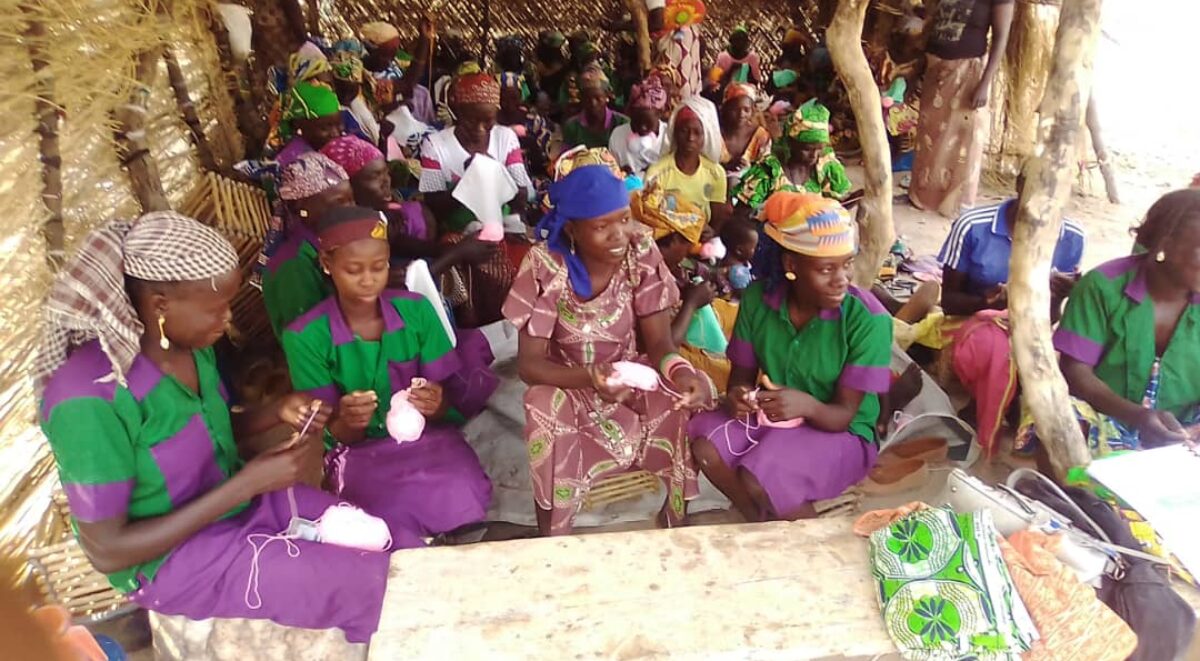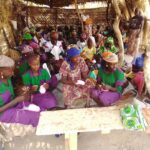
In Cameroon the agricultural system, it is estimated, contributes 25% of GDP but, despite absorbing about 50% of the population, young people tend to migrate to the cities or abroad in search of new life and work opportunities. Three fifths of the farmers are in fact engaged in subsistence farming, i.e. family farming, with limited production just above the needs of the household.
This type of agriculture is based on outdated and inefficient techniques and does not provide capital for reinvestment.
The vocational training institutes present in the country are able to accommodate a limited number of students and offer courses related to other sectors of the economy. In the regions of the North, Far North and East, the educational offer for young people remains very low and unsuitable for the environment, especially in the agricultural sector where it is necessary to respond effectively to food threats and emergencies.

It is in this context that, since 2004, the CNEFAC (Coordination Nationale des Ecoles Familiales Agricoles du Cameroun ) has been offering agricultural vocational training through the Agricultural Family Schools (EFA): a global training strategy for young people and their parents to meet the need for skilled labor, which is now necessary for efficient farms.
Thanks to the contribution of Harambee, it has been possible to strengthen CNEFAC and thus train 250 families, in one year, to a more efficient and responsible management of four EFA schools in the far north and east of the country.
A small contribution, however, capable of generating a great impact in the lives of many rural communities that are then independently able to improve food, strengthen food security and develop sustainable agriculture.
Download here the detailed report of the activities carried out.
Rapport Narratif Final_EFA
